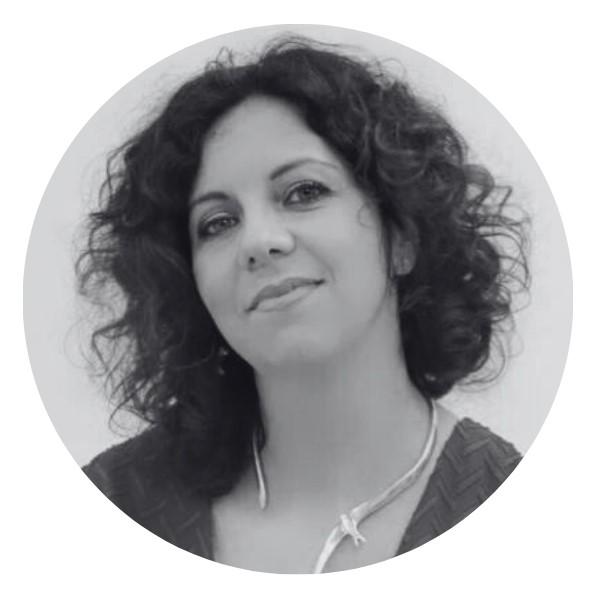Fattore J, the experience of students in the communities of Progetto Itaca
Working side by side with people who usually find it difficult to actively participate in society, overcoming the stigma of the disease, was one of the challenges that Fattore J successfully met. The voluntary activities in the associations had an extraordinary impact on the students involved. And discovering the stories of those who have made a commitment to fight the disease and support research a part of their life was a unique experience for the students, an immersion in the lives of others that led to a strong realisation.
One of the organisations most involved in this mission, alongside the promoters of Fattore J, was the Fondazione Progetto Itaca, which opened the doors of its ‘clubs’ in Naples and Rome with great willingness and a spirit of collaboration. The collaboration with Progetto Itaca with us at Fondazione Mondo Digitale and with Johnson & Johnson Innovative Medicine is historic, but in 2024 this organisation became the patron of Fattore J and made its premises available for the Pathways for transversal skills and student guidance (Pcto). We are talking about the Club Itaca initiative, a non-medical day centre run on a club basis, where the members/users (young people and adults between 20 and 45 years of age suffering from serious psychiatric illnesses) work together with volunteers every day. The activities are aimed at helping the users to return to a normal rhythm of life and to regain their self-confidence; social skills and specific abilities are supported to increase the person's autonomy. If the young users are ready, they are helped to interact with the outside world, also through real work. The service offered follows the ‘Clubhouse International’ model: among the activities proposed are workshops on social communication, on running a café/bar, on urban horticulture and gardening.
For the Rome branch, the experience involved 10 students from the San Benedetto high school in Latina who last April participated in the culinary, gardening and cleaning activities in particular, demonstrating a great spirit of adaptation, a sense of empathy and a real desire to interact with the members. One young man, Matteo, told us that he would have liked to continue the experience because he had experienced what life in such a special community can mean in terms of human relationships and bonds. ‘It's not so obvious to think that normal interaction depends so much on proximity, on presence’, comments Cristina Raho, director of the Progetto Itaca Roma. ‘Physical distance, now an integral part of our daily lives, has gradually also transformed into social distance. This new paradigm has had a profound impact on the recovery and rehabilitation work that we carry out at Club Itaca with members who have experienced or are experiencing situations of mental distress. Therefore, observing such a complex group, with its diversity of gender, age, experiences and stigma, cooperating together seemed even more extraordinary to us: in a matter of minutes, young Roman students visiting the Club managed to break down the barriers and overcome fears and stereotypes. Together with the members, they create a small community that collaborates without awkwardness, but with a delicate normality to which we would like to get used’.
In Naples too, where the experience involved four students from the Francesco Saverio Nitti high school in May 2024, the impact on the participants was strong. They learned from Itaca members how to strengthen their self-esteem even in difficult and fragile situations. Several young people have expressed the desire to continue their relationship with Itaca and to get involved in the organisation as volunteers in the future.
The experience has led to a strong opening to the outside world for the organisation, as Marco Licenziati of Progetto Itaca in Naples and Gennaro Reder, director of Club Itaca Napoli, explain. ‘We had started collaborating on the Fattore J project with awareness-raising events for students, designed to combat the stigma of mental illness and support the importance of prevention. In these first meetings we wanted to emphasise that psychiatric illnesses are real and require the intervention of properly trained professionals and doctors in order to be cured’.
Then last year the students' voluntary work in the Club Itaca in Naples, which as Licenziati and Reder explain “is a place for young people and adults who suffer from mental illness, where they can take part in many activities and in some cases prepare for a real job in the outside world”.
The students participated in the club's routine in a harmonious way: ‘In the morning, around 10, they took part in the organisational meeting where the day's tasks were distributed, from administration to manual work, such as cleaning and taking care of the vegetable garden. Some cooked, others helped our members who work the land... then there was a group lunch to end the morning spent together’.
No relational difficulties between students and members: ’There was a perfect atmosphere... we were surprised that there was no friction between students and members, no coldness or embarrassment. This is exactly what we're aiming for: that patients are seen as people and not as subjects to be feared. We'd love to have the students back with us!‘ The really important result, according to Marco and Gennaro, is this small ’seed of interest’ planted in the hearts of the young people. For the first time the goal of real participation in external life, with an embryonic friendship between people, seemed achievable, a dimension of normality far beyond expectations.
 By Onelia Onorati, press office of the Fondazione Mondo Digitale
By Onelia Onorati, press office of the Fondazione Mondo Digitale


